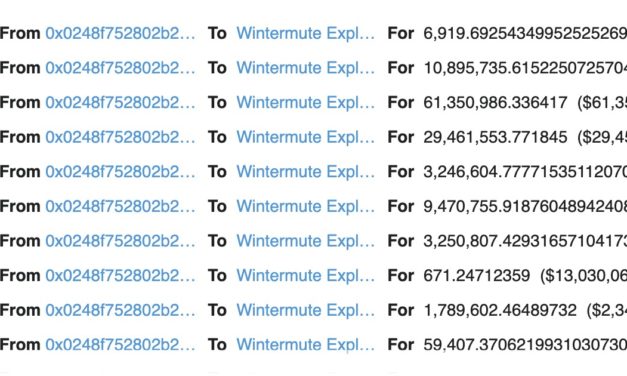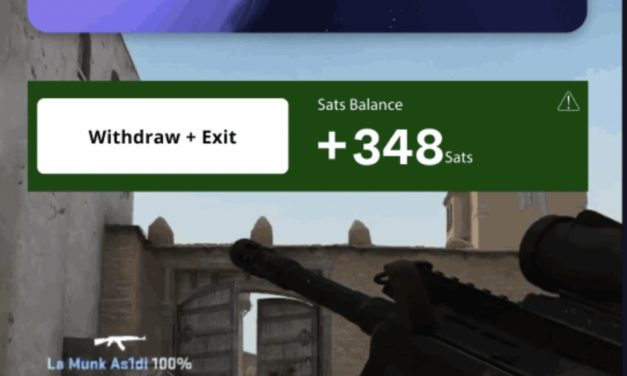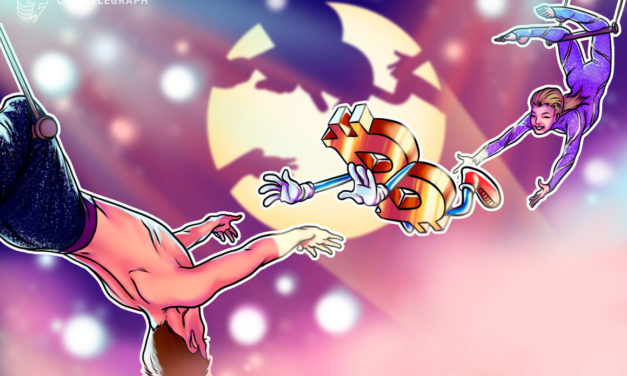Michael Saylor can’t stop: MicroStrategy now holds 130,000 Bitcoin
MicroStrategy now owns 0.62% of all the Bitcoin (BTC) that will ever be mined. The company’s executive chairman, Michael Saylor, announced that the company bought another 301 BTC for roughly $6 million at an average price of $19,851 per BTC. In sum, the company is one of the planet’s largest holders of the asset, owning 130,000 BTC. Apparently, Saylor likes round numbers, buying 301 BTC to reach the 130,000 milestone. MicroStrategy has purchased an additional 301 bitcoins for ~$6.0 million at an average price of ~$19,851 per #bitcoin. As of 9/19/22 @MicroStrategy holds ~130,000 bitcoins acquired for ~$3.98 billion at an average price of ~$30,639 per bitcoin.https://t.co/5kYW98ij4I— Michael Saylor⚡️ (@saylor) September 20, 2022Due to plunging price action, the company’s investment is down substantially in U.S. dollar terms. MicroStrategy’s entry price is roughly $30,639 per BTC, and the Securities and Exchange Commission filing states that the firm has bought 130,000 BTC at an aggregate purchase price of approximately $3.98 billion. If MicroStrategy started stacking sats (buying Bitcoin) at today’s prices, it would have spent $2.48 billion on 130,000 BTC. Saylor is currently at a paper loss of over a billion dollars.According to the SEC filing, the company made the purchase with “excess cash.” Saylor recently stepped down as CEO of the company to focus on buying more Bitcoin, while Washington, DC has taken aim at the billionaire in a tax evasion lawsuit. Bitcoin enthusiasts were quick to commend Saylor’s buy. Referred to as the “Chad” or “Gigachad,” Saylor’s conviction and commitment to buying Bitcoin despite the investment being underwater has garnered both a devout following and numerous critics. Related: Bitcoin better than physical property for regular folks, says Michael SaylorOther large wallet addresses include that of crypto exchange Bitfinex, which holds 170,000 BTC, and a Binance reserve wallet that holds 125,000 BTC. Binance is the world’s largest crypto exchange and has several wallets holding six figures of Bitcoin. Regarding individuals, Saylor has stated that he holds Bitcoin, and FTX CEO Sam Bankman-Fried and Binance CEO Changpeng Zhao are also “hodlers” — a meme that became popular jargon for holding crypto.
Čítaj viac






